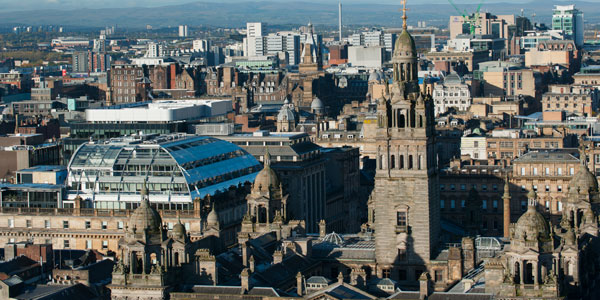Before you leave home, create a budget for your entire study period. We've prepared some guidance below to help you plan effectively.
Here's what you should actively consider during your planning:
- Research your funding: Before arriving in the UK, find out exactly what's included in any scholarship or financial support you'll receive.
- Factor in dependants: If you're thinking of bringing your partner or children, carefully consider if you can financially support them. Refer to the 'Students with partner or child dependants' section for more information.
- Be aware of funding limitations: You will not be able to access any public funds. University funds to support international students are limited and distributed on a case-by-case basis in emergencies only.







